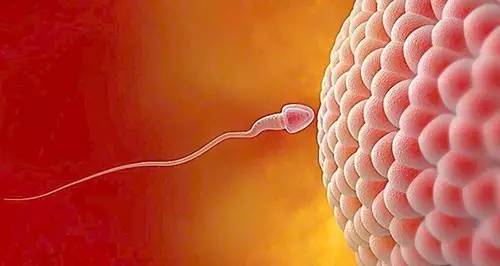
General people think that as long as ovulation couples can have sex. In fact, this view is not true. Because conception is a complex process, affected by a variety of factors, whether the ovulation period of smooth pregnancy also varies from person to person. In ovulation with the same room, but the chance of pregnancy is greater, but can not think that will be able to conceive a child.
So, what are the reasons why ovulation does not have a smooth pregnancy?
One, may be caused by cervical disease factors. It is a more important cause of infertility, accounting for about 10%~20% of infertility. Due to chronic cervicitis or low estrogen levels, the cervical mucus is variable-sticky or contains large amounts of white blood cells, which is not conducive to sperm activity and passage and can affect conception. In addition, cervical polyps or cervical fibroids can plug the cervical canal, affecting the sperm through the cervical mouth stenosis can also be the cause of infertility.
Two, may be caused by local ovarian factors. Such as congenital ovary or naive ovary, premature ovarian function, polycystic ovary, some ovarian tumors such as granule-follicle membrane blastoma, ovarian blastoma can affect ovarian hormone secretion and ovulation.
Three, may be caused by female systemic diseases, or the lack of some important nutritional factors in the diet can affect the ovarian function and infertility.
Four, may be female mental factors such as mental tension or excessive anxiety, may inhibit ovulation and lead to pregnancy.
Five, may be abnormal development of reproductive organs: congenital abnormal development of reproductive organs or natural reproductive organs lesions, hinder the patency and function from the vulva to the fallopian tube, hinder the encounter of sperm and eggs, leading to infertility.
Six, it may also be because of the existence of anti-sperm antibodies in the female reproductive tract or serum, causing sperm coagulation, loss of vitality or death, thus leading to infertility or infertility.